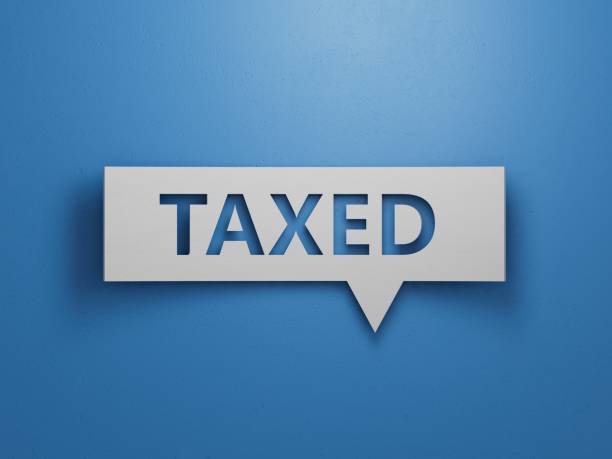Introduction
The union-drafted Initiative 124, called the Seattle Hotel Employees Health and Safety Initiative, would impose an expansive set of new work restrictions on certain hotel employers operating in the city.
The labor unions supporting Initiative 124 say the measure is about protecting the health and safety of hotel workers with mandates that would implement new worker restrictions and limit how many rooms housekeepers can clean during a shift. However, the measure also includes a variety of restrictive, union-style labor standards that have nothing to do with worker safety.
Undermining supporters' claims that Initiative 124 is needed to protect the health and safety of hotel workers is the provisions exempting unionized employers from most of the regulations. Also undermining the measure is the provision that would allow workers to violate certain "saftey" rules in exchange for higher pay.
The on-size-fits-all regulation that Initiative 124 would mandate are over-reaching, unnecessary and would ultimately harm hotel workes, hotel guests and hotel employers.
Background
Initiative 124 was drafted by UNITE HERE Local 8, a union representing Washington and Oregon workers in hotel, restaurants, food service and airport concession jobs. The union represents 16 percent of Seattle's hotel workers. Membership is mandatory. All Local 8-covered workers are forced to pay union dues or agency-fees as a condition of employement.
The scope of Initiative 124 is unprecendented. The measure would go much further than any ordinance in the nation currently in effect or under consideration.
Policy Analysis
Initiative 124 would require hotel employers of certain sizes to comply with a broad set of new labor regulations, listed under four "parts." Union employers would be exempt from complying with all provisions except those in "Part 1," which regulates how hotel employers handle allegations of harassment or assault by hotel guests.
Part 1: Recording and Responding to Allegations of Violent Crimes
Hotel employees would be responsible for prevention, in-house reports, and the refusal of service ot alleged perpetrators of violent acts, such as sexual assault or harassment; in essence, they would become de facto law enforcement. Employers would be prohibited from reporting such alleged incidences to the police without the worker’s permission, and would be forced to ban guests based on the unsubstantiated claims of workers.
Part 2: Restricting Workloads or Paying Higher Wages
Initiative 124 would set new limits on how many square feet and the number of rooms hotel workers could clean in a shift, unless the worker is paid time and a half. If a hotel employer is willing to pay a higher wage, then it is okay for workers to clean beyond the limits specified in the measure as safe.
Part 3: Expanding Health Care Benefits
Initiative 124 would require “large hotels” to provide “low-wage” employees with a “gold-level” health benefit plan or pay a minimum monthly stipend of at least $200. Initiative 124 would significantly expand the health benefit requirements hotel employers must currently provide workers under the federal Affordable Care Act.
Part 4: Hiring Requirement
Under Initiative 124, if a hotel changes ownership, the new hotel employer would be required to give employees of the outgoing hotel employer first priority for employment. New hotel employers could not hire any workers off the street, or even transfer their own workers from another location for the first six months of operation.
Hotel employers would be required to maintain detailed records for each worker currently employed and for each former worker. The records must include each workers’ hourly rate of pay for each work week; the amount of any additional wages paid to offset the cost of health insurance each month; and, the total square footage of guest rooms cleaned, the number of “strenuous room cleanings,” the number of hours worked, and the employee’s gross pay, on a daily basis. The employer must keep these records for at least three years.
Conclusion
The scope of Seattle’s Initiative 124 is much broader than proposed in any other jurisdiction in the country. The measure would single out hotel employers with a restrictive set of one-size-fits-all labor regulations that have little to do with protecting the health and safety of hotel workers and much to do with financially benefiting the union that drafted the measure.
The inclusion of an exemption for unionized hotel employers, as well as the inclusion of a provision allowing a heavier workload for employees in exchange for higher pay, undermines claims that Initiative 124 is designed to protect the health and safety of hotel workers. The measure incentivizes employers to unionize to avoid the regulations. And the fact the measure includes a variety of labor standards that have nothing to do with the health or safety of hotel workers, reveals the union’s self-serving goal of imposing union-style mandates on Seattle’s hotel industry.
Public proposals like Initiative 124 that target certain industries and provide special carve outs are unfair and serve the private interests of union executives, but they do not serve the interests of the public.





